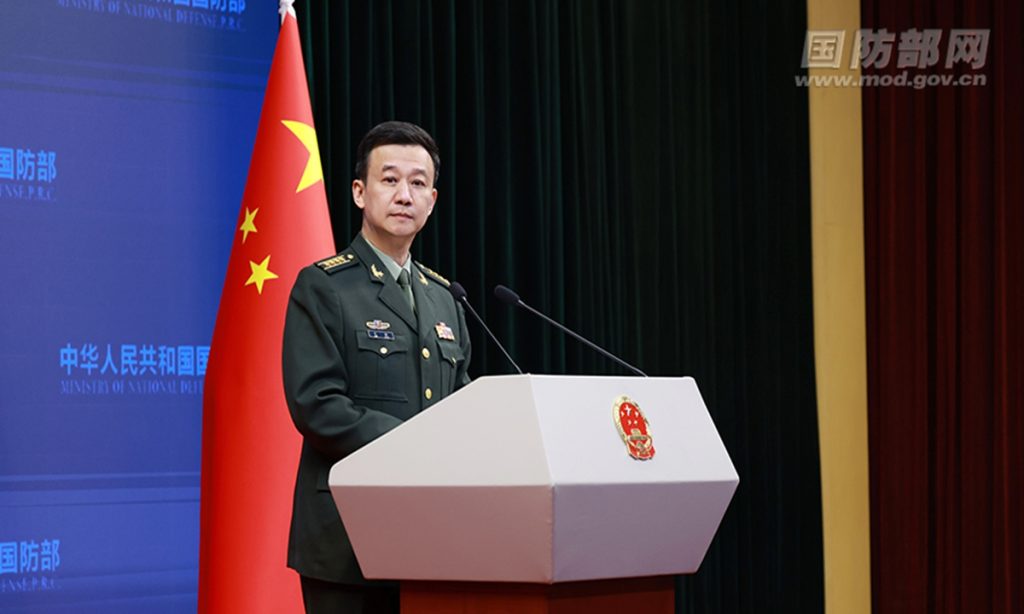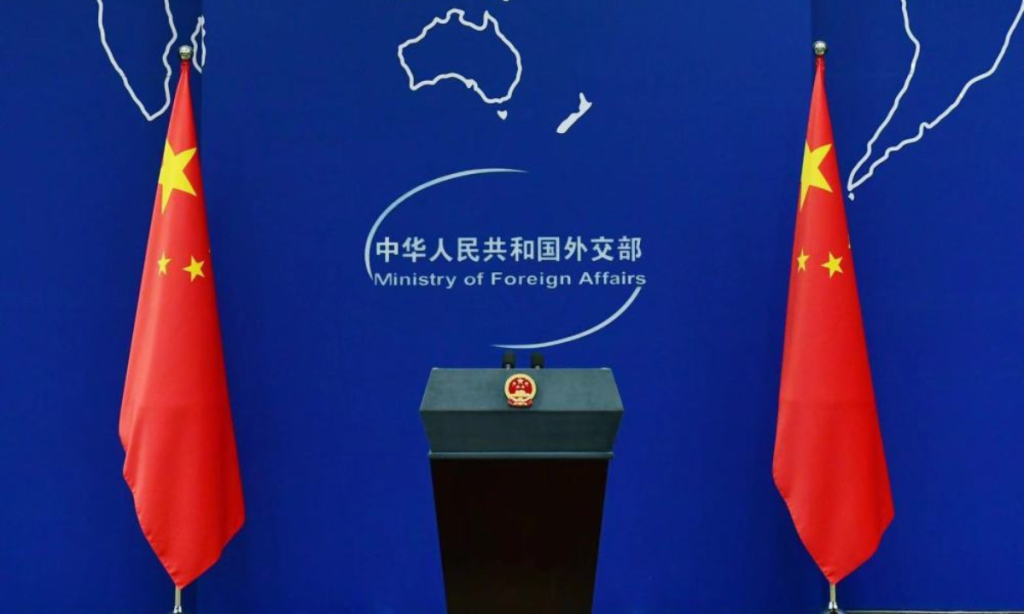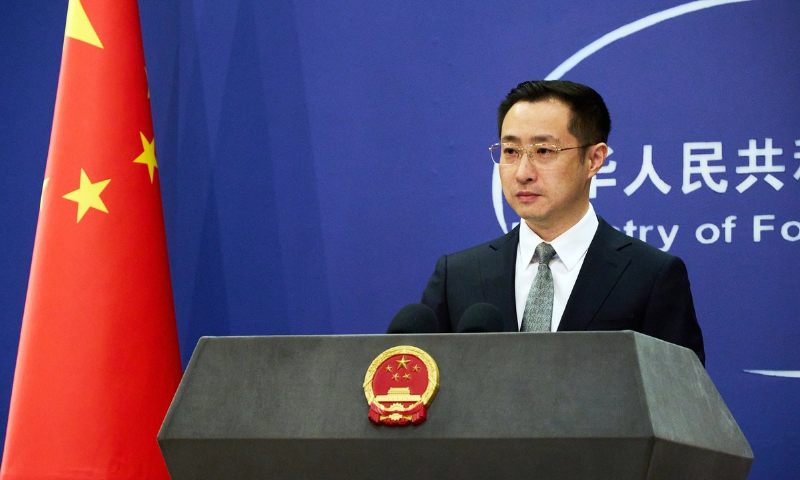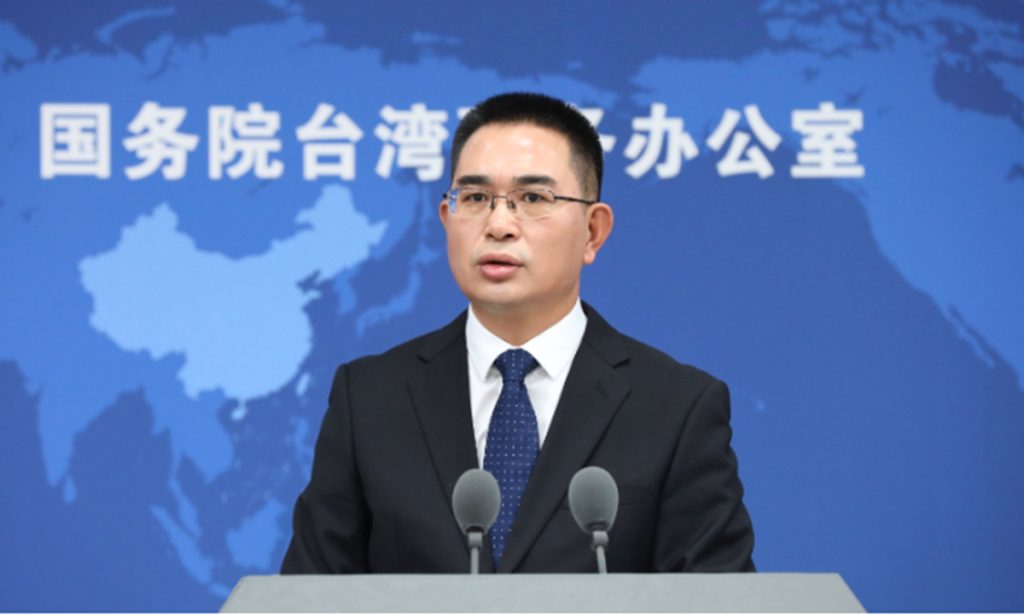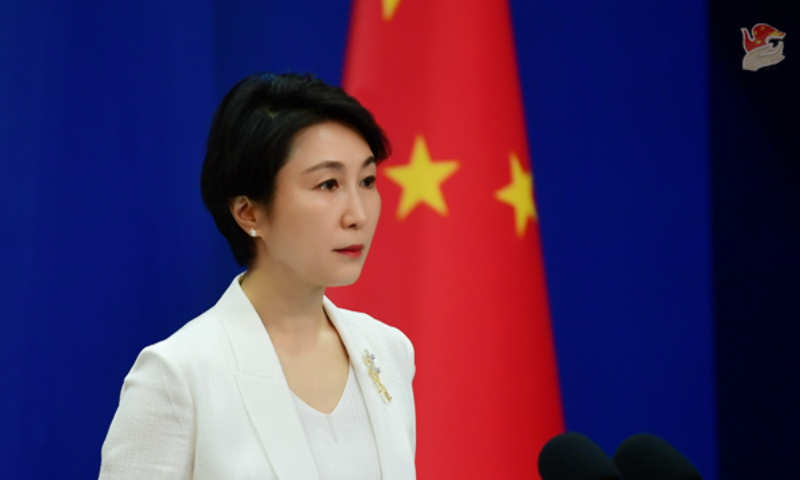Xiplomacy: A glimpse of Xi's global insights through maxims quoted in 2024
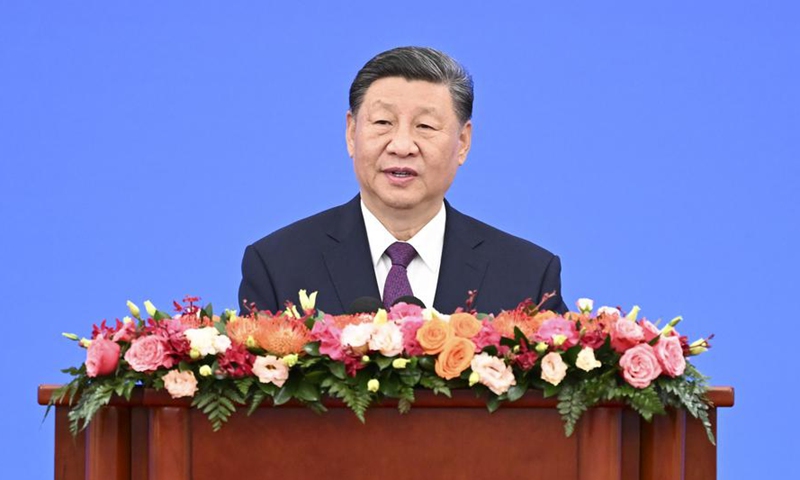
Throughout the year of 2024, Chinese President Xi Jinping attended three major diplomatic events hosted in China and made four significant overseas visits, consistently calling for stronger win-win cooperation to build a better world.
Esteemed a masterly communicator, Xi incorporated into his talks, speeches and articles a string of well-known Chinese and foreign maxims, which offer a unique glimpse into his international insights and global vision.
STRATEGIC INDEPENDENCE
"A man of true moral integrity is one who is both friendly but independent, and who does not compromise his principles, and who is independent without any bias or taking sides. How unflinchingly firm he is in his strength!"
In a signed article published prior to his visit to France in May, Xi quoted the saying by ancient Chinese philosopher Confucius, which was recorded in "The Doctrine of the Mean," one of the hallowed Four Books of classical Chinese philosophy.
In a conversation with one of his most faithful disciples millenniums ago, Confucius uttered those words to emphasize the importance of independence besides affability, moderation, and other virtues.
Over 2,000 years later, Confucius' teaching was echoed by French writer Romain Rolland, whose observation was also cited in Xi's article: "It is so much easier to allow oneself to be guided than it is to think for oneself. This abdication is the kernel of the mischief."
Quoting both Confucius and Rolland, the Chinese leader stressed that both China and France value independence as two major countries. French President Emmanuel Macron, for his part, has on many occasions also repeated his country's adherence to independence.
As Xi said in the article, now with the two countries standing at a new historical starting point, it is time for them to join hands to push for greater progress in bilateral relations and more benefits for the two nations and the broader world.
TRUE FRIENDS NEVER APART
The 2024 Summit of the Forum on China-Africa Cooperation (FOCAC), held in Beijing in September, marked a significant milestone in China-Africa relations.
In his toast at the welcoming banquet of the summit, Xi quoted a Chinese poem written by Tang Dynasty poet Zhang Jiuling: "True friends always feel close to each other, no matter the distance between them."
Reflecting on his heartwarming interactions with African leaders over the years, Xi commended the enduring China-Africa bond. "China-Africa friendship remains robust and is growing stronger through generations, no matter how the world changes," he said.
"The China-Africa community with a shared future is deeply rooted in our traditional friendship. Since the mid-20th century, we have been fighting shoulder to shoulder imperialism, colonialism, and hegemonism, and advancing hand in hand along the path of development, revitalization, and modernization," Xi noted.
The following day, in his keynote speech at the summit's opening ceremony, Xi referred to an African proverb: "A friend is someone you share the path with," highlighting that no country should be left behind on the journey to modernization.
During the summit, China proposed 10 partnership actions to be implemented over the next three years, and forged or elevated strategic partnerships with 30 African countries, underscoring its commitment to further deepening cooperation and friendship with Africa.
TOWARD SHARED PROSPERITY TOGETHER
"A man of virtue, while establishing himself and pursuing success, also works to help others establish themselves and succeed," Xi said at the 31st APEC Economic Leaders' Meeting in Lima, citing Confucius. Then he continued to quote a similar Latin American adage: "The only way to be profitably national is to be generously universal."
With those maxims, Xi reaffirmed China's commitment that the country welcomes all parties to continue riding the "express train" of its development, grow together with the Chinese economy, and jointly contribute to peaceful development, mutually beneficial cooperation, and common prosperity.
As he pointed out, the third plenary session of the 20th Communist Party of China Central Committee, held earlier this year, laid out systematic plans to advance Chinese modernization, which will not only boost China's development but provide new opportunities for the Asia-Pacific region and the world at large.
Over the past decades since it adopted the policy of reform and opening up, China has made remarkable progress. Now as the world's second-largest economy, it has been actively working with its global partners to boost shared development.
Addressing the conference marking the 70th anniversary of the Five Principles of Peaceful Coexistence in June, Xi referred to three maxims from different cultures to urge the international community, particularly the Global South, to work together in pursuit of shared prosperity.
Besides the Latin American one he mentioned months later at the APEC meeting, a Chinese saying goes, "The benevolent treat others with love, and the wise share with others benefits," and an Arab proverb teaches, "With unity, the fire grows; without unity, the fire extinguishes."
"In the era of economic globalization," Xi stressed at the event, "what is needed is not gaps of division but bridges of communication, not iron curtains of confrontation but highways of cooperation."

